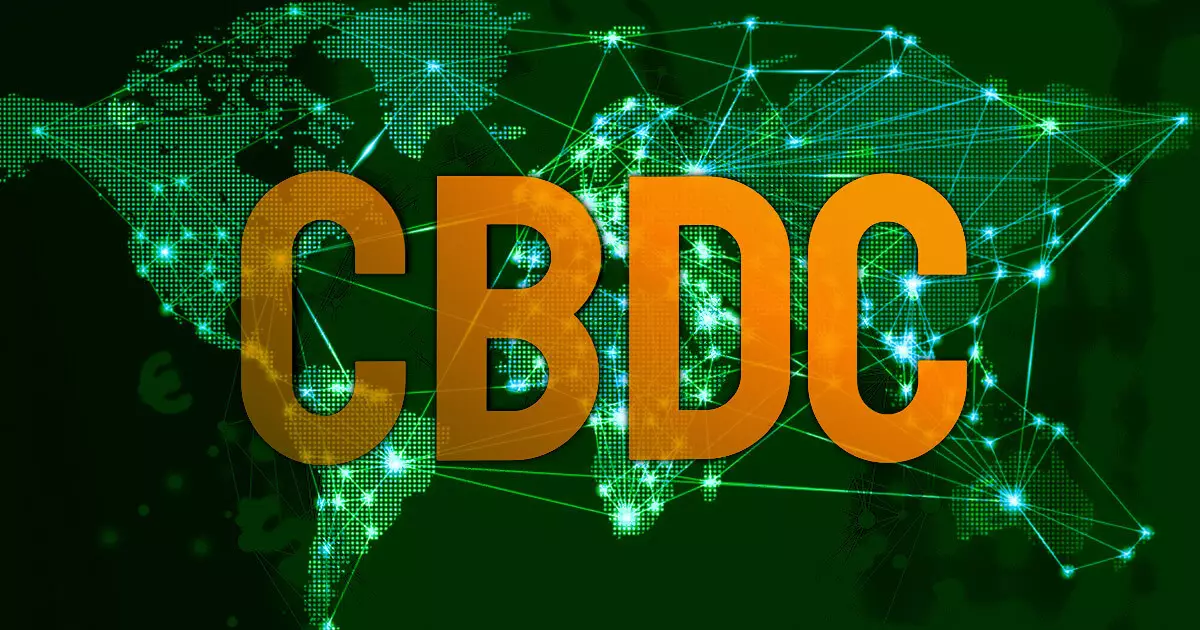Republican Presidential candidate Ron DeSantis has made a bold pledge to put an immediate stop to the implementation of a central bank digital currency (CBDC) if he assumes office. In an interview with Blaze Media, DeSantis expressed his deep concern about the potential threat a CBDC poses to American liberty. He vows that on his first day as President, which he hopes will be on January 20, 2025, he will terminate the CBDC initiative.
DeSantis’ remarks align with a 2022 report from the Federal Reserve that echoed his worries. While the report did mention the central bank’s intention to engage with the legislative and executive branches of the U.S. government and potentially seek authorization for a CBDC, it also clarified that the Federal Reserve does not advocate for any particular policy and does not take a definitive stance on the desirability of a CBDC. The report also emphasized that no decision has been made regarding the creation of a CBDC.
Despite the Federal Reserve’s considerations, DeSantis firmly believes that state-level restrictions will prevent the central bank from introducing a CBDC. He predicts that lawsuits will ensue if the Federal Reserve attempts to proceed with its plans. DeSantis pointed out that his home state of Florida has already prohibited CBDCs, effectively rendering them unrecognized as legitimate currency. The ban was put in place in May, and DeSantis anticipates that other states will follow Florida’s lead.
DeSantis has also expressed apprehension regarding the World Economic Forum (WEF) and its intentions regarding CBDCs. According to DeSantis, the WEF aims to collaborate with governments in eliminating both cash and cryptocurrency, thereby impeding certain transactions such as the purchase of fuel and ammunition through the use of CBDCs. DeSantis’ statement is based on remarks made by Cornell University professor Eswar Prasad during a WEF event in June. It is important to note, however, that Prasad does not hold an official position within the WEF. In his remarks, Prasad expressed mixed sentiments about CBDCs, suggesting that they have the potential to create a better world but also to lead to a darker one. He mentioned pornography, ammunition, and drugs as potential items that could be banned through the use of CBDCs.
While DeSantis’ claims may not be entirely accurate, it is worth noting that many countries currently developing CBDCs do intend to implement measures to restrict illegal purchases and monitor transactions. These measures are similar to the existing regulations applied to financial transactions. However, proponents of decentralization argue that such an approach contradicts the fundamental principles of Bitcoin and other public cryptocurrencies.
Ron DeSantis, a Republican Presidential candidate, is staunchly opposed to the introduction of a central bank digital currency. He vows to prevent the implementation of a CBDC if he is elected president, citing concerns about American liberty. DeSantis believes that state-level restrictions, as seen in Florida, will impede the Federal Reserve’s plans, and he anticipates legal challenges if the central bank proceeds. Additionally, he raises concerns about the World Economic Forum’s agenda and its potential impact on transactions involving CBDCs. While DeSantis’ claims may not be entirely accurate, it is true that countries developing CBDCs plan to impose restrictions on illegal purchases, which some argue contradict the principles of decentralized cryptocurrencies. The future of CBDCs and their impact on financial systems and individual freedoms remain subjects of ongoing debate and discussion.



















